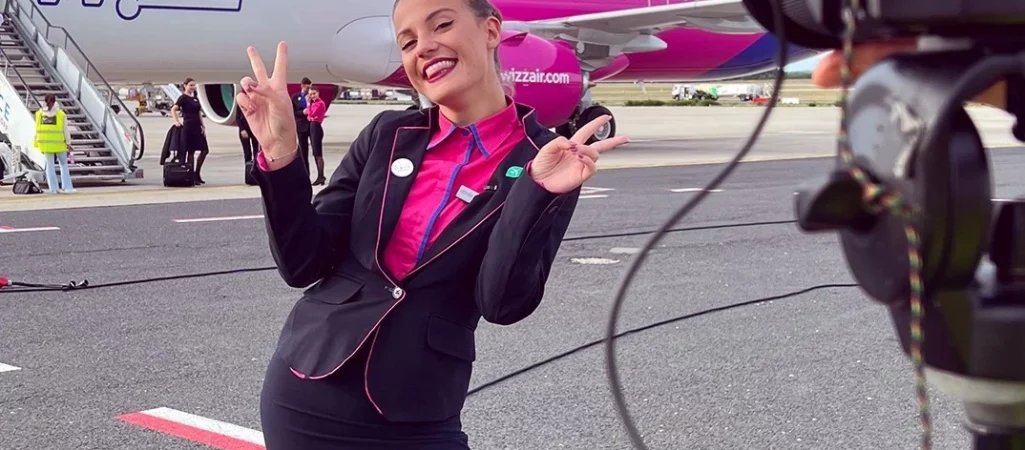What happens next? Ryanair refused to pay the Hungarian government’s gigantic fine
The Irish ultra-low-cost airline received gigantic fine in Hungary in August. Hungary’s customer protection authority has fined the company 300 million forints (EUR 765,000) for “misleading customers through its dishonest business practices”, Justice Minister Judit Varga announced then. However, they refused to pay that sum, and the deadline was over in September.
Long legal procedure
The Irish company was fined early-August, receiving a 30-day-long deadline to pay the HUF 300 million. However, they attacked the decision of the customer protection authority at the Court of Budapest. Moreover, they submitted a request for immediate legal protection asking for the postponement of the payment deadline until the court’s final decision is made on the issue.
However, the court rejected the company’s plea, so Ryanair appealed.
The request for immediate legal protection aims to postpone the deadline for fine collection until a final judgement. Furthermore, if the court accepts it, the postponement might remain in effect for years until the court concluded the original dispute. In the case of a green light, Ryanair would not have to pay the 765 thousand euro fine for years.

Read alsoTrains to be shorter in Hungary due to the crisis
As we reported before, Ryanair criticised the Hungarian government’s so-called “excess profit” (departure) tax from the beginning. They highlighted that they would make their passengers pay the extra cost and continuously slammed government members. Turizmus.com said that though the departure tax has been in effect since 4 June, the Irish company passed the amount (EUR 9.88) even on tickets booked before that date.
Why did Ryanair receive a fine?
We wrote about that issue in THIS article in detail. To sum that up, Ryanair was found to have misled consumers. Not only in its public communications but also its General Terms and Conditions, the company passed on the tax to passengers on this basis. According to Ryanair, the transfer itself was not challenged by the Government Office, Telex.hu wrote.
“The Company’s commercial practice of including the amount of the departure tax in its fares is not unfair: it is not a blacklisting practice, nor is it misleading or an aggressive commercial practice.”

Read alsoWizz Air can become the best airline of 2022
Source: turizmus.com, DNH
please make a donation here
Hot news
What happened today in Hungary? — 18 April, 2024
Probe launched into suspected foreign financing attempt in Hungary
VIDEO: What’s happening in Hungary? Food delivery rider on the motorway
ESG law strengthens the competitiveness of Hungarian businesses
SHOCKING: Hungary’s guest worker numbers exposed!
According to Minister Navracsics, this one policy will be priority of Hungarian presidency – UPDATED




1 Comment
Ryanair perhaps taking the position that it will not pay taxes that are not legally due or that are claimed on an unprincipled or unjustified basis … Depends on the interpretation of the quick and dirty, retroactive roll out of the departure tax by the Government, No issue if it had been prospective in application!